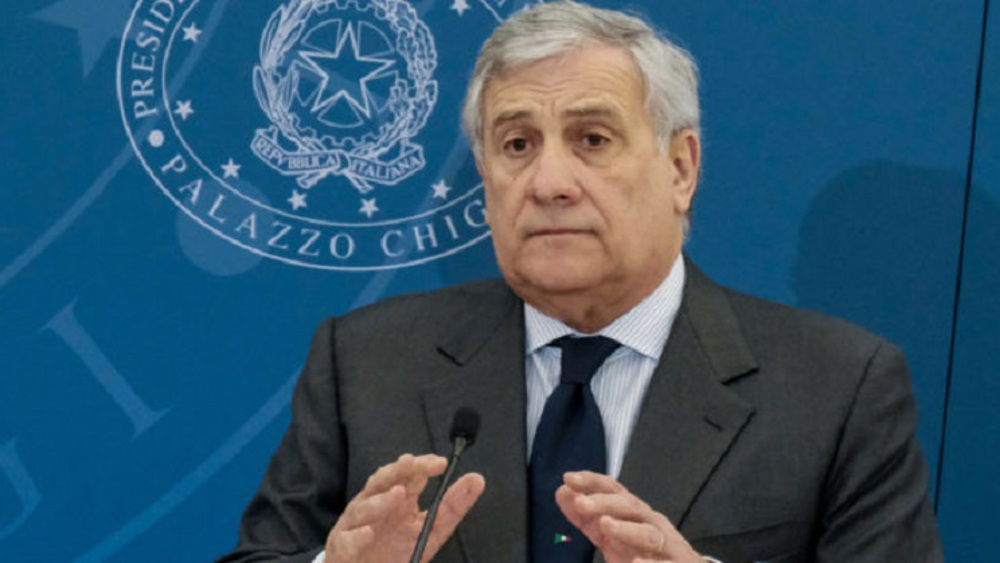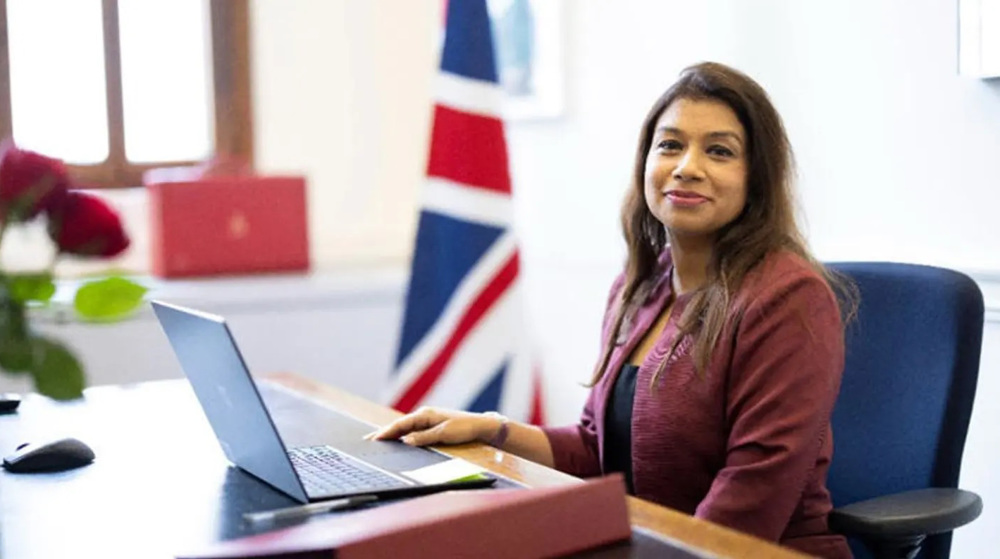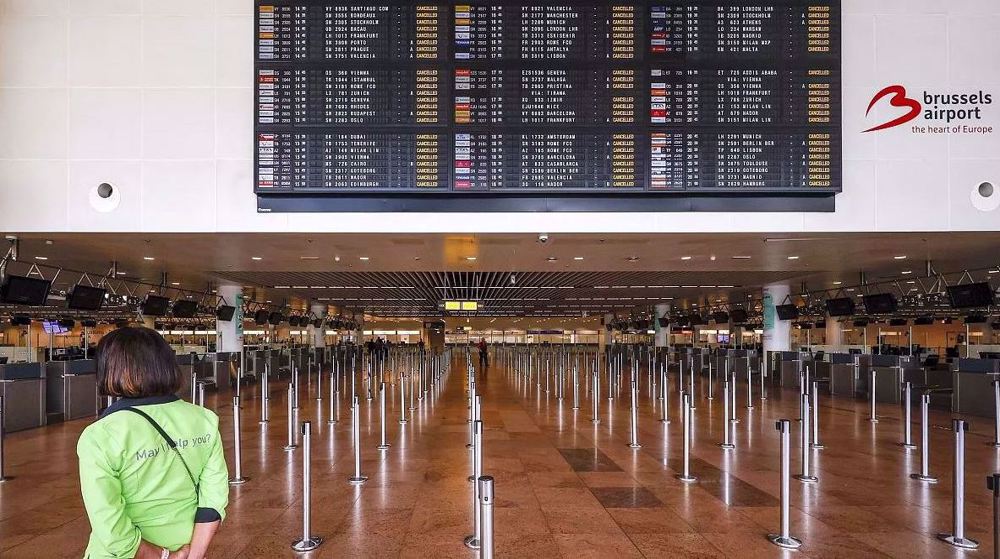Poroshenko vows arms buildup, deals with US, 11 EU states
The Ukrainian president has announced an end to European Union’s embargo of arms sales to the country, adding that Kiev has sealed military deals with 11 EU states that include delivery of lethal arms.
“The Head of State has informed that Ukraine had contracts with a series of the EU countries on the supply of armament, inter alia, lethal one. He has reminded that official embargo of the EU on the supply of weapons to Ukraine had been abolished,” said a statement on President Petro Poroshenko’s official website on Saturday, citing his interview with local TV channel "1+1."
The presidential statement, also cited in an RT report, further expresses confidence that EU states as well as the US will supply weaponry to the Ukrainian government forces on demand and impose more sanctions on Russia in coordination with Kiev.
"If there is a new round of aggression against Ukraine, I can surely say that we will immediately receive both lethal weaponry and new wave of sanctions against the aggressor. We will act firmly and in a coordinated manner,” Poroshenko .
US weaponry “crucial”
The statement further described as crucial the decision of US President Barack Obama “to supply Kiev with defensive weaponry.”
“This armament will increase preciseness and efficiency of the Ukrainian weapons. In addition, thermal imagers and radars that detect motion help counteract reconnaissance and subversive groups of the opponent,” the Ukrainian president added.

This is while the US Secretary of State John Kerry confirmed on Wednesday that Washington will supply Kiev with more non-lethal military aid, including drones and armored Humvees.
“We are today providing immediately some $75 million of additional non-lethal assistance, immediately, to Ukraine in order to help them in non-lethal assistance,” Kerry said while testifying at the US Senate.
Additionally, Washington declared plans earlier in March for the deployment of nearly 300 military advisers to train Ukrainian troops from March through October.
Poroshenko also underlined during his TV interview that Ukraine would not trim down its military capacity, declaring that “intensive combat training is being held” currently in the country.
Poroshenko’s motives questioned
Reacting to the Ukrainian president’s hawkish statements, head of eastern Ukraine’s self-proclaimed Lugansk People's Republic Igor Plotnitsky (pictured below) said he does not understand why Kiev insists on purchasing weaponry while officially engaged in a peaceful process.

He was referring to a truce deal that was struck last month in the Belarusian capital Minsk between Kiev and the pro-Russia forces in south-east of the country after nearly a year of fighting.
“We have a question: why do they [Kiev authorities] want weapons if they were the first to demand peace?” Plotnitsky asked.
Kiev’s European backers
In addition to Washington’s pledges of military support for Kiev, meanwhile, Britain has announced plans to deploy 75 British military personnel in March to provide medical, intelligence and infantry training to the Ukrainian army. Poland has also declared plans to send military advisers to Ukraine.
France and Germany, however, have expressed reservations about supplying arms to Ukraine.
The two mainly Russian-speaking regions of Donetsk and Luhansk have been hit by deadly clashes between pro-Russia forces and the Ukrainian army since Kiev launched military operations in April 2014 in a bid to crush pro-Russia protests there.
In May 2014, however, the situation in the two flashpoint regions began to deteriorate as residents overwhelmingly voted for independence from Ukraine in referendums.
More than 6,000 people have so far been killed in the conflict, the UN says. Around 1.5 million people have also been forced from their homes over the past months due to the turmoil.
MFB/NT/AS
Hamas thanks Iran, Resistance Front following achievement of ceasefire in Gaza
'Capitulation': Israeli officials and media concede Gaza defeat as truce unfolds
'Gaza has won': Social media users react to ceasefire with mix of relief, joy
Iran seeks South Korea’s assistance for AI, fiber-optic projects
VIDEO | Iran's 'Eqtedar' (Power) maneuver
Israel hits HTS military target in Syria for 1st time since fall of Assad
VIDEO | Press TV's news headlines
Israel has slaughtered 13,000 students in Gaza, West Bank










 This makes it easy to access the Press TV website
This makes it easy to access the Press TV website